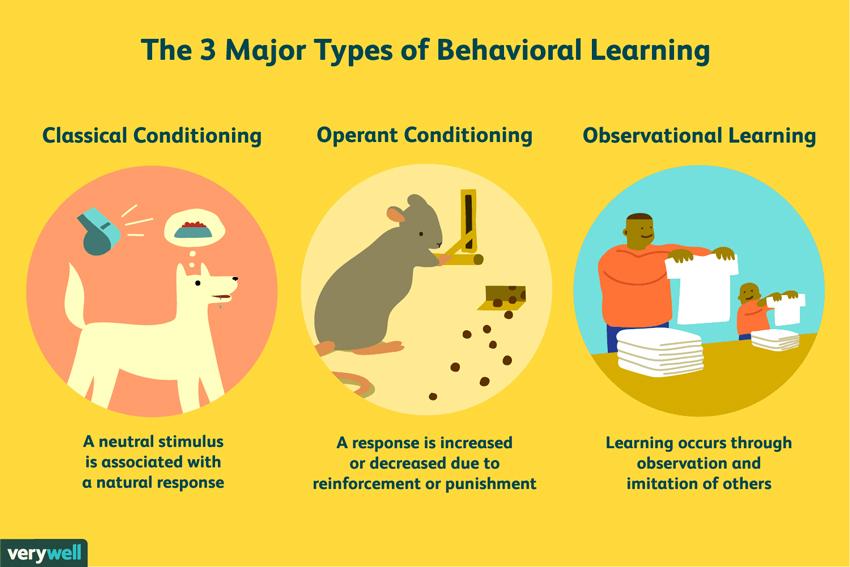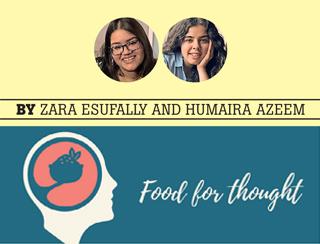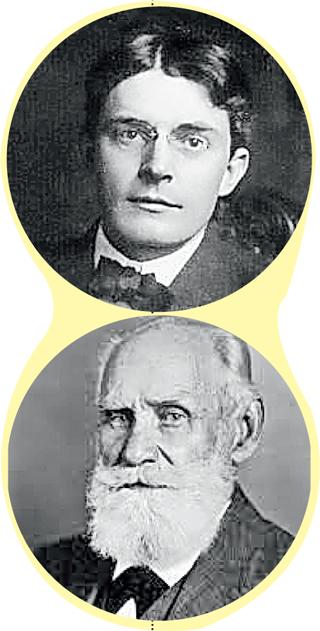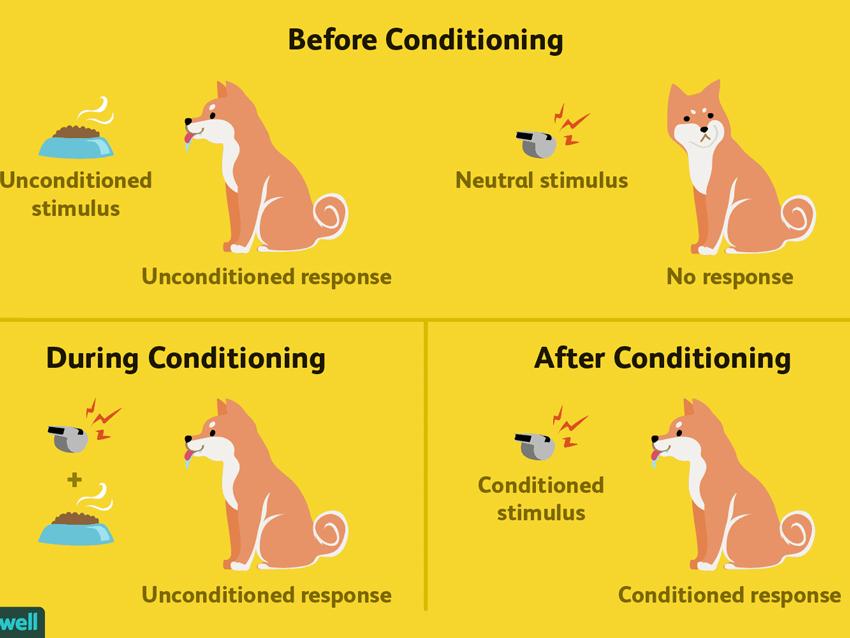Reply To:
Name - Reply Comment
Last Updated : 2024-04-20 18:34:00

What is Classical Conditioning?
Classical conditioning, sometimes referred to as Pavlovian conditioning, is one of the most well-known concepts in psychology. It can be described as the concept of learning through association, and was first discovered by the Russian psychologist, Ivan Pavlov.
In essence, classical conditioning takes place when a personal or animal learns to associate two stimuli, and produce a learned response. The most famous example of this is Pavlov’s experiment with dogs, in which he rang a bell every time he served the dog food. In response, the dog would start salivating whenever he heard the bell, as he learnt to associate that sound with food.
The Three Phases of Classical Conditioning
Before Conditioning
In the first phase, there must be a naturally occurring stimulus (unconditioned stimulus) that will bring about a natural response (unconditioned response). In the example of Pavlov’s study on the dog, the food is the unconditioned stimulus and the salivation response is the unconditioned response. There must also be another neutral stimulus that does not yet bring about a natural response. In Pavlov’s experiment, this is the sound that the bell makes.
During Conditioning
In this phase, the unconditioned stimulus in consistently linked with the neutral stimulus, causing an association to form between the stimuli. The neutral stimulus now becomes known as the conditioned stimulus.
After Conditioning
Once the association has been formed between the stimuli, the conditioned stimulus alone will evoke a response, even when the unconditioned stimulus is not present. This is known as the conditioned response. In our example of Pavlov’s study on the dog, the conditioned stimulus is the bell, and the conditioned response is the dog’s salivation in response to the bell.
Stimulus Generalisation
Stimulus generalisation occurs when the conditioned person or animal is unable to differentiate between the conditioned stimulus, and other, similar stimuli. A famous example of this is John B. Watson’s and Rosalie Raynor’s Little Albert experiment.
In the first phase of this experiment, a nine-month-old child by the name of Albert was exposed to various stimuli such as a white rat, a rabbit, and a monkey. Initially, Albert showed no fear response to any of the stimuli.
In the second phase of the experiment, Watson again exposed Albert to the white rat, but made a loud noise using a metal pipe and a hammer at the same time. Albert began to cry in response to the noise. The noise and the rat were then repeatedly presented together, until Albert formed an association between the two stimuli. He then began to cry whenever he saw the rat because he expected a loud noise to follow it.
An interesting finding however, was that Albert’s fear was generalised to other, similar looking stimuli as he was unable to discriminate between them, including Raynor’s fur coat and stuffed toys.

Operant Conditioning
Operant conditioning is different to classical conditioning, and it focuses on using either reward or punishment as an incentive to increase or decrease the presence of certain behaviours. For example, being demoted at work as a result of underperformance results in an association forming between the behaviour and the consequence, that will prevent the behaviour from occurring in the future. Similarly, receiving a promotion as a result of hard work will once again create an association between the action and the consequence, which will encourage the person to carry out this behaviour more often in the future.
Observational Learning
Observational learning is not a type of conditioning, but it is another important way in which learning commonly takes place. It involves observing the behaviours of others and imitating them, regardless of whether these behaviours are reinforced or not.

20 Apr 2024
MoreAdd comment
Comments will be edited (grammar, spelling and slang) and authorized at the discretion of Daily Mirror online. The website also has the right not to publish selected comments.
Reply To:
Name - Reply Comment
